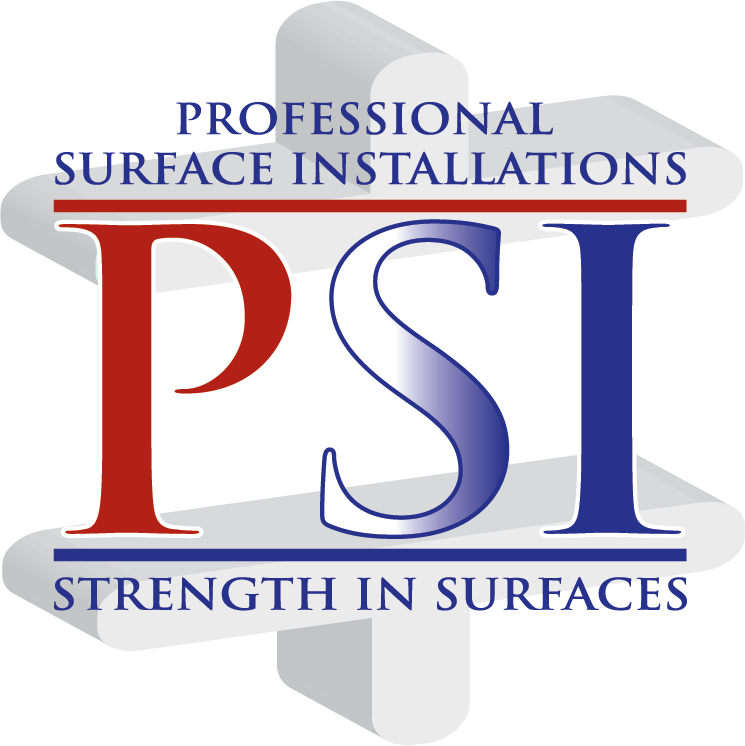Concrete moisture mitigation in Chicago requires several steps for successful implementation. Understanding how concrete reacts to moisture offers a better understanding of how contractors develop strategies to deal with removing moisture before, during and after a commercial project.
Concrete and Moisture 101
Concrete consists of a mixture of lime, ash and water. This mix may also contain other aggregates such as sand or crushed stone. Although cement and concrete are often used interchangeably, cement is actually an ingredient of concrete mixtures.
When concrete cures, it’s the chemical reaction of the basic aggregate and paste materials that causes chemicals in the gravel and ash to cross link.
Effectively, these chemicals bind together like links in a chain. When hard, concrete acts similar to a sponge with many little veins (straws) that trap moisture, which eventually finds a way out.
Moisture is a vapor. As concrete gets older, it tightens and squeezes the vapor through the veins (straws). That’s called moisture vapor transmission.
The Need for Concrete Moisture Mitigation
When contractors apply carpet directly to new concrete slabs , it will get damp. Although the dampness isn’t readily apparent by touch, it is there. This moisture allows mold and bacteria to grow, and that’s why all new hospitals and medical facilities must have moisture mitigation systems.
Moisture Barrier Procedures
When PSI Chicago begins surface preparation, the team runs a shot blaster over the concrete slab. Shot-blasting opens the pores in the concrete by taking off the top layer. When viewed through a magnifying glass, tons of small air holes become visible. Some of these air holes are too small to view with a microscope.
Once the team completes surface prep, they apply liquid epoxy as a moisture barrier in very thin layers like water over the concrete’s surface. This thin epoxy fills the tiny holes and creates a new layer. When the new layer cures, the epoxy penetration creates millions of small anchors deep into the pores while also drying to a smooth top surface that prevents moisture from pushing the epoxy off the surface.
In effect, the epoxy caps moisture creating a barrier so it can no longer stay on the concrete surface. Since the moisture must go somewhere, it eventually works its way sideways or down. We install these epoxy moisture barriers to prevent migration of moisture from the slab to finish flooring.

